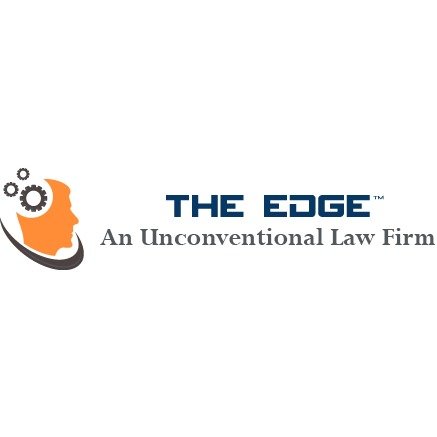
Best Franchising Lawyers in Riyadh
Share your needs with us, get contacted by law firms.
Free. Takes 2 min.
List of the best lawyers in Riyadh, Saudi Arabia

About Franchising Law in Riyadh, Saudi Arabia
In Riyadh, as with the rest of Saudi Arabia, franchising laws are governed by the "Franchise Law" that was implemented by the Ministry of Commerce in 2020. This law provides a robust and detailed regulatory framework that covers all aspects of the franchising relationship, including rights and obligations of both franchisees and franchisors. The well-structured and clear legislation has contributed to the growth of franchising in Riyadh, making it a sought-after model for businesses seeking expansion.
Why You May Need a Lawyer
The process of franchising involves a range of legal and contractual obligations that need careful consideration and understanding. For instance, one may require a lawyer when drafting and reviewing franchising agreements, ensuring compliance with local and international laws, handling of intellectual property rights, and dispute resolution. Legal guidance can substantially help in avoiding potential pitfalls, fostering fair agreements, and facilitating smooth business operations.
Local Laws Overview
The Saudi Franchising Law covers various areas including the validity period of franchise agreements, the franchise disclosure document, obligations of both parties, renewal and termination of agreements, and dispute resolution mechanisms. Standout aspects of this law include requirements for franchisors to provide a Franchise Disclosure Document to a potential franchisee at least 14 days before the signing of any agreement, restrictions on unfair practices, and the right of franchisees to terminate agreements under certain circumstances.
Frequently Asked Questions
1. Can a foreign entity franchise in Riyadh?
Yes, foreign entities can franchise in Riyadh. The Saudi Franchise Law applies to any franchise where the franchised business will be operated within Saudi Arabia, regardless of the nationality of the franchisor or franchisee.
2. For how long can a franchise agreement be valid?
The agreement should be valid for at least five years unless the franchisor can show a shorter term is justified. However, there should also be an option to renew upon the expiry of the term.
3. What are the termination rights of a franchisee?
A franchisee can terminate the agreement in cases such as substantial breaches by the franchisor, noncompliance with Saudi laws, or if continuing the agreement causes significant loss to the franchisee.
4. Is there a compulsory dispute resolution mechanism?
According to the Franchise Law, disputes can be resolved through the committee of the Ministry of Commerce or the competent judicial authorities.
5. Do franchising laws in Riyadh protect the franchisee’s intellectual property rights?
Yes, the Saudi Franchise Law stipulates that both franchisor and franchisee must comply with the Kingdom’s laws related to the protection of intellectual property rights.
Additional Resources
Recommended resources to stay updated on franchise law in Riyadh include the Ministry of Commerce's website, the Saudi Gazette for official news and updates, and the Saudi Arabian General Investment Authority (SAGIA) website for investment-specific information.
Next Steps
If someone needs legal assistance in franchising, it is advisable to consult with a practicing lawyer in Riyadh who is experienced in franchising law. A lawyer can ensure proper legal documentation and adherence to the Franchise Law while keeping in mind the specific business requirements. Further, it's useful to stay up-to-date with any amendments or changes in the laws, and any official communications from local authorities related to franchising.
Lawzana helps you find the best lawyers and law firms in Riyadh through a curated and pre-screened list of qualified legal professionals. Our platform offers rankings and detailed profiles of attorneys and law firms, allowing you to compare based on practice areas, including Franchising, experience, and client feedback.
Each profile includes a description of the firm's areas of practice, client reviews, team members and partners, year of establishment, spoken languages, office locations, contact information, social media presence, and any published articles or resources. Most firms on our platform speak English and are experienced in both local and international legal matters.
Get a quote from top-rated law firms in Riyadh, Saudi Arabia — quickly, securely, and without unnecessary hassle.
Disclaimer:
The information provided on this page is for general informational purposes only and does not constitute legal advice. While we strive to ensure the accuracy and relevance of the content, legal information may change over time, and interpretations of the law can vary. You should always consult with a qualified legal professional for advice specific to your situation.
We disclaim all liability for actions taken or not taken based on the content of this page. If you believe any information is incorrect or outdated, please contact us, and we will review and update it where appropriate.
















